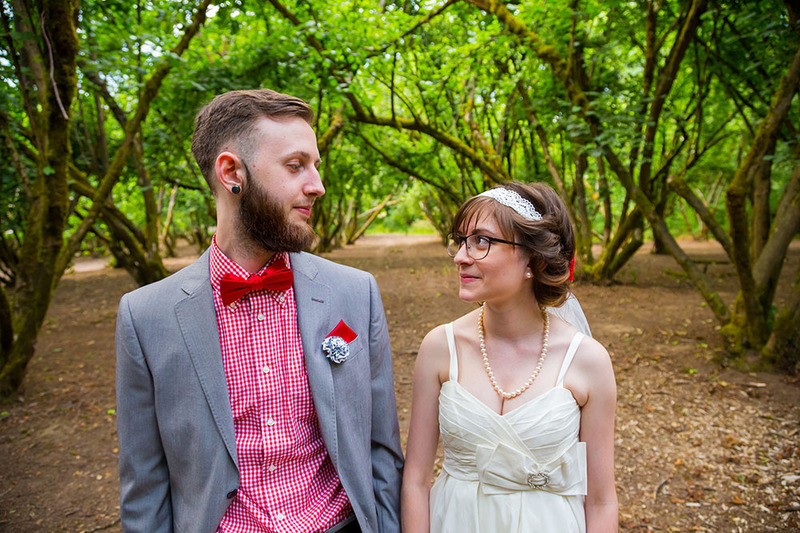AMERICAN WEDDINGS BLOG
Stay up to date with the latest wedding ceremony trends, script writing inspiration, tips and advice for first-time officiants, and news that matters to couples and wedding ministers.
Stay up to date with the latest wedding ceremony trends, script writing inspiration, tips and advice for first-time officiants, and news that matters to couples and wedding ministers.
Published Wednesday, Jul. 17th, 2024
Last updated Wednesday, Aug. 21st, 2024

Life’s big events deserve to be honored and celebrated! The birth of a child, a name change, coming of age, getting married, and dying – these important transitions and stages of life have been honored by cultures and faiths throughout history with meaningful ceremonies and rituals.
Although these ceremonies and rituals can be spiritual or religious in nature, they do not have to be. And for many people, they aren’t! They are meaningful because they are universal human experiences…
That’s where humanist celebrants and humanist officiants come in!
Keep reading to learn what a humanist celebrant does, what humanists believe, and how to get ordained online to perform humanist wedding ceremonies.
The titles above are used interchangeably – they all mean the same thing in practice. A humanist officiant is a nontheistic or nonreligious officiant who performs nonreligious rituals and ceremonies to honor the big events in life. These celebrations can include naming ceremonies, coming of age ceremonies, funerals, memorials, divorce ceremonies, weddings, and more.
A humanist ceremony – for example a humanist wedding or funeral – doesn’t have a spiritual or religious meaning. Although it might include a symbolic element like lighting a candle or performing a handfasting with colorful ribbons, these rituals don’t represent any spiritual or religious beliefs.
Related: A Modern Humanist Handfasting Script
When performing a wedding, a humanist officiant will usually emphasize the human qualities of love, trust, honesty, and compassion that form a strong marriage bond, instead of talking about marriage as a spiritual union or ‘holy matrimony’ as is common in religious weddings.
Nonreligious couples and Humanist couples often hire a humanist officiant to perform their marriage ceremony, because they know their values will be honored and understood.

Photo: joshuaraineyphotography / iStock
Nonreligious couples and Humanist couples often hire a humanist minister to officiate their wedding, because they know their values will be honored while created a personal ceremony.
Click the link below to see more unity rituals and ceremonies:
The Humanist belief system and philosophy places deep importance on what unites humankind: the emotions and experiences that all human beings share. Humanism celebrates the human, not the divine, and places special importance on rational thought and the ability for humans to solve problems through logic and reasoning. Its faith is in humankind, not in the supernatural or divine.
Read more about humanism here: Definition of Humanism from the American Humanist Association
To legally officiate a wedding, humanist celebrants have a couple options, described below.
One option is to obtain an endorsement from a recognized humanist organization. There are several organizations that offer guided training and endorsements for humanist celebrants, chaplains, and officiants. These include classes through The Humanist Society (a nontheistic society formed by Quakers in the late 1930s); The Celebrant Academy (an IAPWO Accredited education program); and the American Humanist Association Center for Education (training only, no endorsement). These programs vary in cost, from around $75 to $1,100 or more at the time of publication.
A second option is for humanist celebrants to become ordained online for free with American Marriage Ministries, and pursue additional training on their own. Ordination with AMM is recognized in every state* (it's much harder in Virginia, where we're looking into our options), and allows officiants with humanist beliefs to perform weddings across the country as AMM Ministers.
AMM is a nondenominational internet church that offers ordination and training for ministers who wish to perform marriage ceremonies. We ordain people from all faiths and backgrounds, including agnostics, atheists, and humanists.
Once you've been ordained online with AMM, you might need to register as a minister with your state before you perform a marriage ceremony. Click the link below to see if minister registration is required in the state (or states) where you want to officiate marriage:
You can continue your training as a wedding officiant using AMM’s online training courses, live and virtual events, or by studying our free officiant training resources.
In addition, we encourage you to continue your humanist education throughout your career, to better serve your community. Joining humanist organizations and clubs can help you connect with likeminded people, gain new insights, and share skills for leading unique secular ceremonies.
If you have been ordained online with American Marriage Ministries, your official title is ‘Minister.’
Some AMM Ministers call themselves a ‘Humanist Minister,’ ‘Secular Minister,’ or ‘Humanist Celebrant’ to stand out from other officiants, and to make it easier for the couples who need their services to find them.
You might also like:
Become a Wedding Officiant with Our Free Online Ordination!